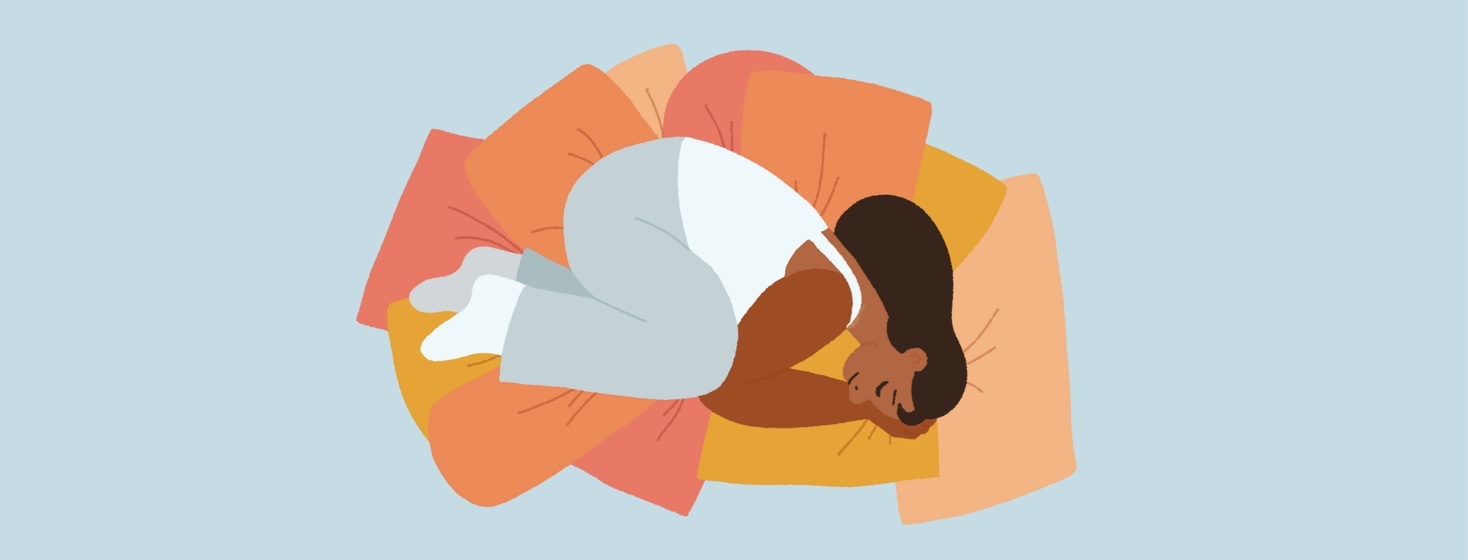Learning to Rest
There’s this stereotype of the “strong Black woman.” The one who has been through everything and knocked down over and over again but still gets back up. She thrives through the turmoil and comes out even stronger. There’s a similar saying about sickle cell warriors toughing out the storm that comes with every pain crisis. I used to identify with these sentiments but lately, I don’t want to anymore.
Don’t get me wrong, I know I am strong. I have braved the storm and overcome more than most to get where I am. But I don’t think we should brag about this kind of strength or resiliency as they like to call it in the world of academia and medicine. It shouldn’t have to be that way. We shouldn’t simply reward people for being strong and surviving whatever life throws at them. We should all work to create a world where we can be soft, feel comfortable, and safe enough to relax a bit.
Intentional rest
There’s this movement it seems going around about rest. Intentional rest. The idea is to stop treating rest and relaxation as something that has to be earned. I am definitely guilty of doing that. I set work goals around rest and get upset with myself for resting when I should be working. But sometimes, sickle cell forces me to rest. My body either from pain or fatigue forces me to make a hard stop. I used to get frustrated by this, and I still do, but maybe if I prioritized rest earlier on my body wouldn’t react this way.
The fatigue in sickle cell is truly not discussed enough. As I get older, the less pain I deal with on a regular basis. I am grateful for that, though unsure what’s changed. However, there’s suddenly way more fatigue. I suspect it’s a combination of all the recovery my body is doing from sickle cell crises I never even notice and of course the insane amount of physical, emotional, and mental stress that comes with being a medical student.
Managing fatigue
I worry about how to factor all of this into my future career. For a long time, it was impossible to see the light, but now I know it’s going to get better. I mean just my schedule this year has been so much better than last years. I’m not working nearly as many hours and when I get home I don’t have to study. I go home from work and rest. That’s it. I lie in my bed or even on the floor sometimes in the luxury of having nothing to do. This is probably the most rested I’ve been in all of medical school. Yet, I still feel so tired sometimes.
I make sure to get a lot of sleep each night, at least 8 hours, but that doesn’t seem to help. I try hydrating well and using the bathroom before bed, but I still find myself waking up in the middle of the night. Sometimes, my body aches and that keeps me up. Other times, my mind is racing or I’m so excited about something I can’t fall asleep.
Still, I find other ways to rest. Taking extra time in the morning to just sit in peace, sitting in my car a little bit longer, or taking a nap – another thing I’ve done more of this year than in the past few years.
Embracing a fresh approach
Maybe I’m just getting older and need more rest, maybe it’s sickle cell – probably. Either way, I’m excited by my new approach to rest. It’s not something I have to earn, it’s something I simply choose to do. I’m finally slowing down a bit, and though so much is happening and I’m super excited about my future, I am learning to approach it every moment in the present.

Join the conversation